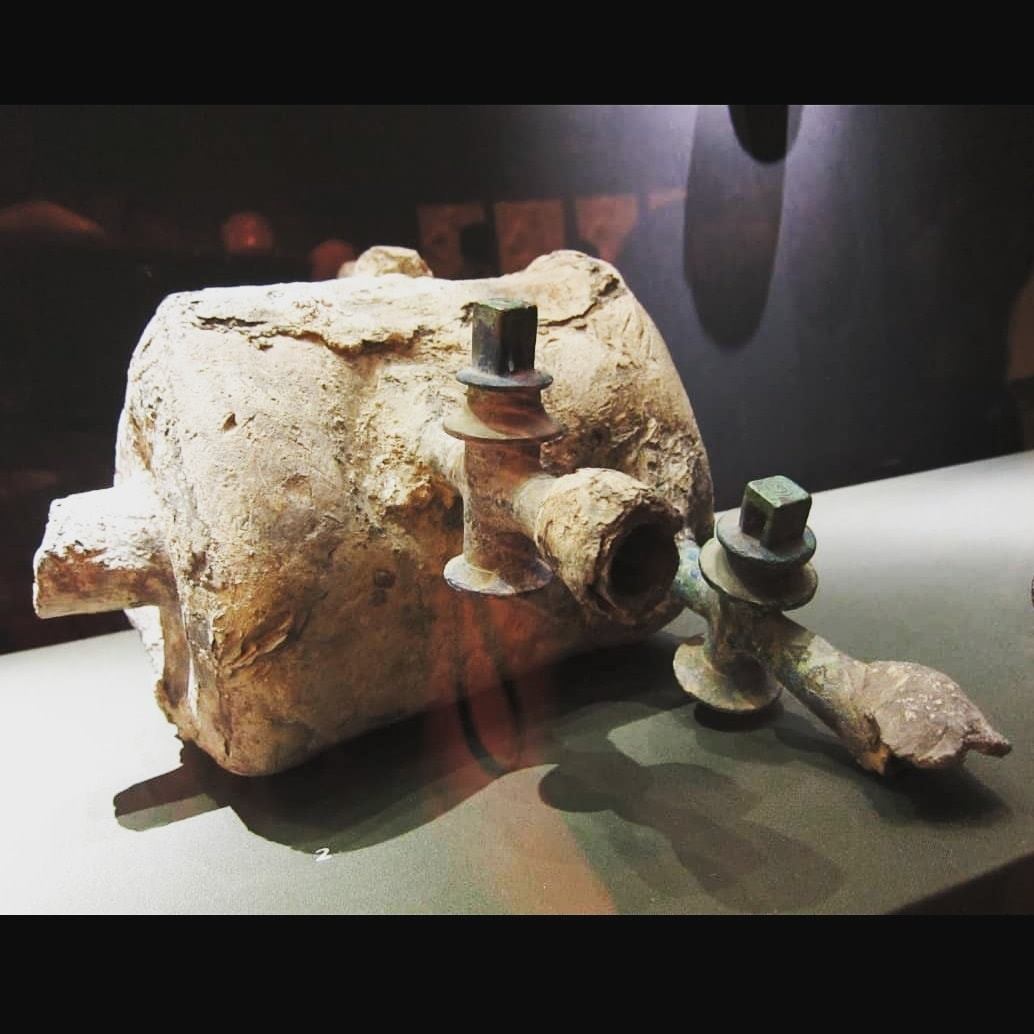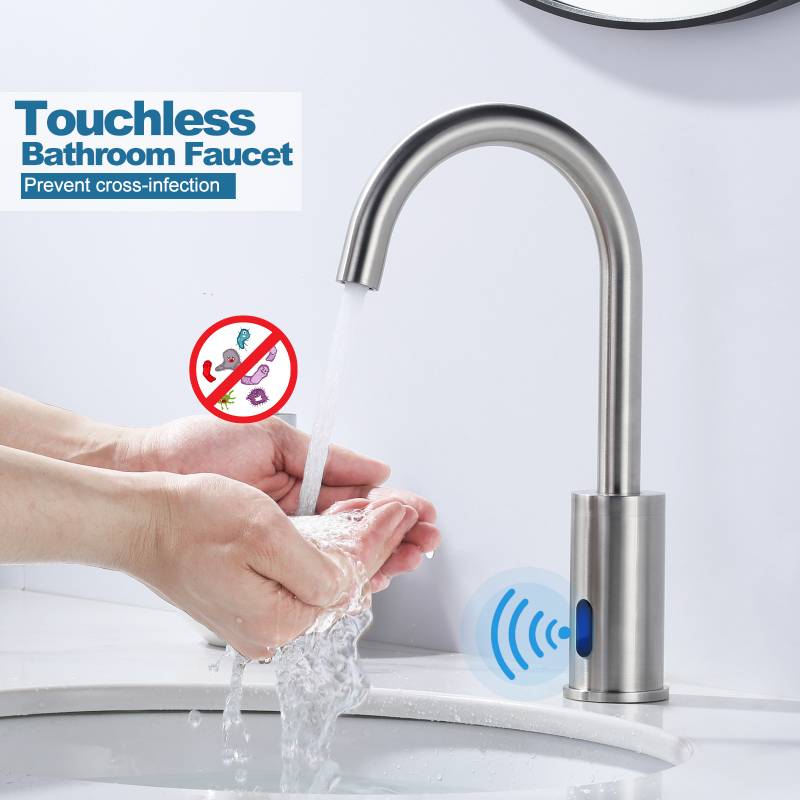Since ancient times, people have sought ways to improve their living standards. In the process of modernization, the development of sanitation facilities has become an important part of life.
Among them, the faucet, as an integral part of sanitary equipment, has a great impact on individuals and public health.
This article examines the development and evolution of modern bathroom fixtures and the impact of faucets on personal hygiene and public sanitation.
The development and evolution of bathroom equipment
Bathroom fixtures have grown and evolved over time. In ancient times, people used water provided by nature for bathing, but this method was not hygienic.
During the Industrial Revolution, the development of sanitary equipment began to accelerate.

In 1845, Thomas Crampton of England invented a manual faucet, which was the first time that people could control the flow of water through the faucet.
Since then, faucets have been widely used, and sanitary facilities have also developed accordingly.
In the early 20th century, showers and bathtubs became the mainstream of bathroom equipment. The development of these devices has made bathing more convenient and comfortable.
In the middle of the 20th century, the invention of electric water heaters and solar water heaters allowed people to enjoy more comfortable warm water when taking a bath.
At the same time, the materials of sanitary equipment have gradually changed from the original brass and bronze to materials such as stainless steel and ceramics, making sanitary facilities more durable and easy to clean.
Today, bathroom equipment has developed to a fully automatic and intelligent stage. Modern bathroom equipment can not only automatically adjust the water temperature and water flow, but also have functions such as voice recognition and intelligent control. The evolution of these sanitation facilities is inextricably linked to the evolution of the faucet
The impact of faucets on personal hygiene
As a part of sanitary equipment, faucets play a vital role in personal hygiene. The faucet can adjust the water flow and water temperature, making it more convenient and comfortable for people to wash their hands, brush their teeth, wash their faces and other daily hygiene. The faucet can also control the flow rate of water, thereby achieving the purpose of saving water, which is also of great significance for solving the problem of water shortage.
Improvements in faucet materials have also had an important impact on personal hygiene. Traditional faucets are mostly made of brass, bronze and other materials. These materials are prone to rust, which not only affects sanitation, but also causes health hazards.
The current faucet materials are gradually changing to materials such as stainless steel and ceramics. These materials are not only durable and easy to clean, but also harmless to the human body, thereby ensuring personal hygiene.
In addition, modern faucets serve multiple functions. For example, the faucet is equipped with an automatic sensor device that can automatically start and stop the water flow, avoiding people touching the faucet with their hands when washing their hands, and reducing the risk of cross-infection.
Some faucets are also equipped with filters, which can filter impurities and harmful substances in the water, so as to better protect people’s health

The impact of faucets on public health
Faucets not only affect personal hygiene, but also play an important role in public health. In public places, such as schools, hospitals, shopping malls, etc., the number of faucets used is huge. Therefore, faucets are of great significance for the hygiene management of public places.
First of all, modern faucets can realize automatic sensing and automatic control, which makes it more convenient and hygienic to use in public places. For example, automatic sensor faucets can automatically start and stop water flow according to the user’s hand movements, avoiding the risk of infection caused by multiple people touching the faucet. At the same time, the automatic control of the faucet can control the time and intensity of the water flow according to the needs, so as to achieve the purpose of saving water.
Second, improvements in faucet materials have also had an important impact on public health. The use of materials such as stainless steel and ceramics makes the faucet not easy to rust and easy to clean, thus ensuring the sanitation of the faucet. This is essential for hygiene management in public places.
Summarize
As a part of sanitary equipment, faucets play an important role in both personal and public health. With the continuous development and evolution of modern bathroom equipment, faucets are also constantly updated. Modern faucets can not only control water flow and water temperature, but also have multiple functions, such as automatic sensing and filters, so as to better protect personal and public health.
Contact
Kaiping Jiadun Sanitary Ware is a sanitary ware manufacturing factory with 14 years of experience, mainly providing OEM and ODM services for customers.
If you want to know more faucets, please feel free to send us an inquiry
 iVIGA Tap Factory Supplier
iVIGA Tap Factory Supplier

